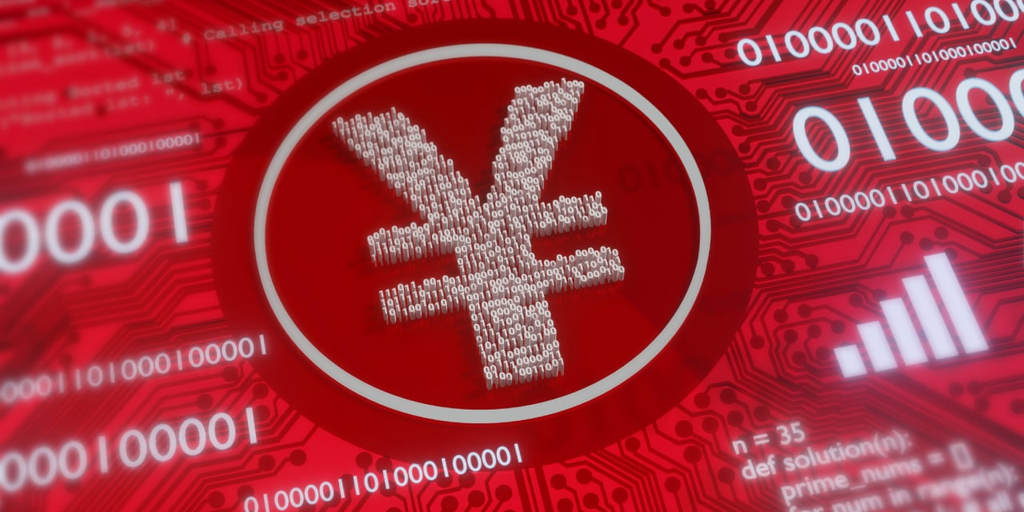Since its launch, PYUSD has faced stiff competition from leading stablecoins like Tether (USDT) and USD Coin (USDC), which dominate the market with significantly larger market capitalizations. PYUSD is struggling to maintain its current market cap of $519 million – a number which pales in comparison to Tether’s $128 billion and USDC’s $37 billion.
In an effort to turn this around, PayPal’s Xoom will work with Cebuana Lhuillier, a financial services provider in the Philippines, and Yellow Card, a fintech firm in Africa, to process PYUSD-based disbursements. This initiative seeks to address the financial needs of underbanked populations by offering faster and more cost-effective remittance solutions.
Cebuana Lhuillier, has a network of 3,500 branches and 25,000 partner locations in the Philippines, and aims to use this partnership to further its mission of supporting Filipino communities worldwide. Yellow Card, the first African fintech to list PYUSD, will integrate the stablecoin into its platform to facilitate transactions for PayPal customers across the continent.
Revolutionizing Cross-Border TransfersPYUSD is a stablecoin launched in 2023 by Paxos Trust Company and is backed 1:1 with the US dollar. It allows for integration into Web3 applications, wallets, and crypto exchanges due to its nature as an ERC-20 token that is interoperable with Ethereum. Despite its parent Paypal’s huge brand recognition and market share, PYUSD has failed to capture the imagination of crypto users. PayPal has formed partnerships with Web3 infrastructure providers like MoonPay and crypto firms such as Crypto.com and Phantom in an attempt to turn this around, and earlier this year, PYUSD was also launched on the Solana blockchain.
The integration of PYUSD with Xoom at PayPal allows it to facilitate cross-border money transfers using blockchain technology that works outside of the channels dictated by traditional banking hours. This approach supports remittances, which play a significant role in the economies of many developing nations.
PayPal reduced expenses by up to 90% in May 2024 by moving its PYUSD stablecoin to the Solana blockchain in response to high Ethereum transaction fees. This step contributed to PayPal’s objective of increasing cryptocurrency accessibility for consumers and companies by making PYUSD more accessible for ordinary transactions. Along with facilitating on-chain transfers to external wallets, PayPal also brought crypto trading capabilities to American retailers, enabling companies to purchase, sell, and retain bitcoins.
In a strategic push, PYUSD was also listed on Bitget, a leading cryptocurrency exchange. Its compliance-driven strategy, supported by BitLicenses from the New York State Department of Financial Services, was highlighted by this integration.
















